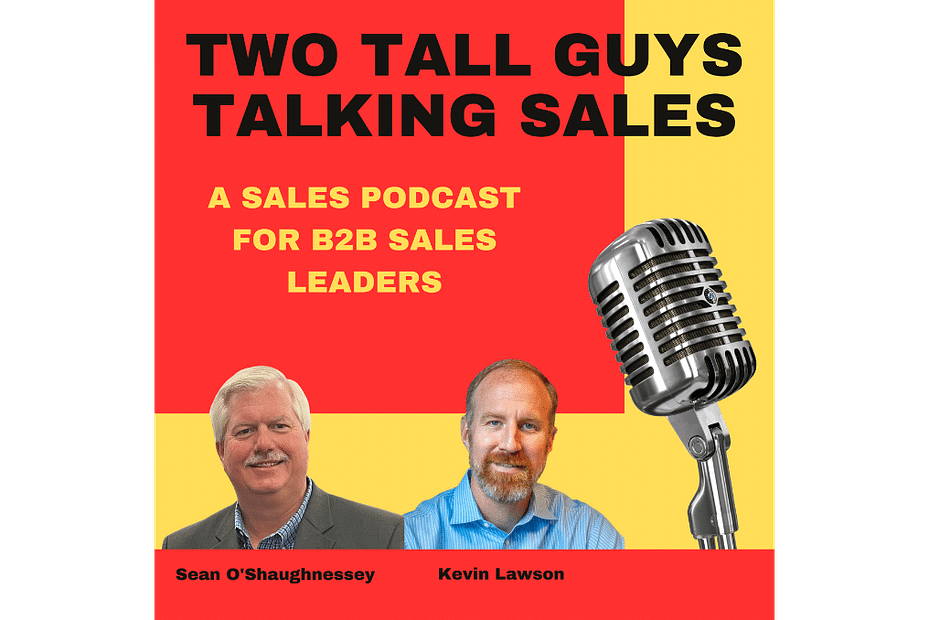How AI-Powered Contact Enrichment Transforms B2B Sales Conversations
In today’s fast-paced B2B world, sales teams can no longer afford to waste hours gathering prospect data manually. Artificial intelligence has enabled the automation of contact enrichment, transforming basic contact records into comprehensive profiles rich in actionable business intelligence.
Contact enrichment powered by AI doesn’t just make your team faster; it makes them smarter. By combining multiple data sources into unified profiles, your sales organization gains the kind of business acumen that enables precision-targeted messaging and true value selling. The difference between a generic pitch and a relevant, consultative conversation often comes down to the quality and depth of the data your team has at its fingertips.
Platforms like Clay, Clearbit, Apollo, and ZoomInfo give sales leaders visibility into company size, funding rounds, leadership changes, technology stacks, and even recent business developments. This transforms your approach from transactional outreach to consultative engagement rooted in strategic intelligence. The outcome is faster response times, higher conversion rates, and more meaningful sales conversations.
The beauty of these systems lies in their integration with CRMs like HubSpot, Salesforce, or Pipedrive. Automated workflows ensure that every new lead entry is enriched in real-time with firmographic and behavioral insights. This is how sales teams reduce their research time from hours to minutes while maintaining the quality of personalized outreach that customers expect.
Read the rest of the article…





